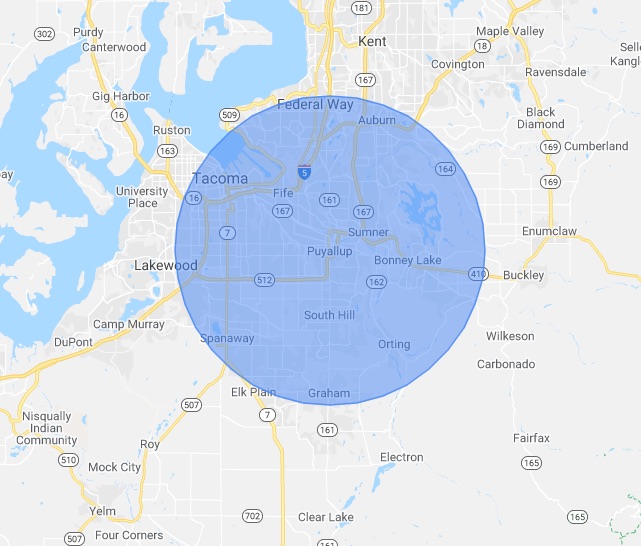Updated on November 4, 2021 to include new information.
For many small businesses, paid search advertising through Google Ads is a natural fit. PPC provides very tight targeting options that allow businesses to reach customers who are actively looking for their services or products.
That said, there is still an ongoing cost to consider. Small businesses typically have tight budgets, and it’s imperative that advertisers stretch their PPC budget to get the highest return on their investment.
There is a right and wrong way to manage PPC accounts to get the most out of your money. Let’s review our five top PPC tips for campaign success on a limited budget.
1. Have Clear Goals
As you build your strategy and campaigns, have clear goals in mind. That sounds simple, but one of the biggest mistakes we see small businesses make is building and optimizing their account in a way that isn’t moving them towards their most important goals.
Determine what your key performance indicators (KPIs) are and stick to them. What does success look like? If you can determine what it means to be profitable with your advertising, you can backdoor your way into a specific number of leads, calls, or transactions you need to make the spending worth it.
Once you have clear, quantifiable goals, it becomes much easier to make optimization decisions in your account.
2. Use Negative Keywords
For paid search campaigns, keywords are the primary and most important targeting. Having strong, relevant, and well-organized keywords drives your campaigns. This is more common knowledge, and Google Ads makes this clear during setup.
More commonly ignored, though, are negative keywords. Using negative keywords effectively will help weed out some irrelevant and unrelated impressions that lead to wasteful spending.
Think about what might come up when someone searches your keywords. Are there any things your business just doesn’t do? Google your keywords and closely review the search engine results page for ideas that you can weed out to save money. Once your campaigns are live, you can also use Google’s search term reports to see what queries are triggering your ads. Review these regularly to find new negative keywords.
3. Advertise Only Where You Can Deliver
Small businesses need to be conscious of where they are spending their PPC dollars. Use location targeting to limit the regions your ads are eligible to show in.
For example, do you sell clothes but don’t ship internationally? Make sure your ads are only targeting your home country. Are you a car mechanic operating in a specific city? Then there is no need to advertise beyond the region of your service.
When determining your geo-targeting, err on the side of more narrow too. For the car mechanic, you may get business from people up to, say, 30 miles away. But does most of your business come from far away? If the majority of your business comes from people much closer, say 10 miles away, then don’t waste your limited budget reaching as far as you can. Focus on the core audience first. If the results are good, you can always expand later.
With location targeting, you can get as broad or defined as you’d like. From zip codes to countries, the possibilities are limitless.

4. Don’t “Set It and Forget It”
Think of your account as a living thing that needs to be cared for.
Once you have your campaigns built out with all the keywords and ads, you probably think your work is done, but that’s not the case; the work is just beginning.
Advertisers need to be cognizant that their account needs to be monitored frequently. For one, you are actively bidding and spending money. Things can easily get away from you if you aren’t checking in. But beyond that, you are trying to drive the best results you can and ongoing optimization is required to achieve that. The data you are collecting is valuable as you educate new optimization decisions. Review the metrics closely and tie things back to your KPIs and goals.
5. Hire a Professional
PPC management is a technical skill that takes years to master. Google and other platforms make it pretty easy to get started, and they are getting better and making management easier for those with limited time and experience. But the reality is, it’s really easy to waste money, get frustrated, assume it’s not a good fit for your business, and shut it down.
Hiring help from a trained and experienced professional will very likely save you money in the long run and help you prove the viability of this marketing tactic for the long term. Portent offers services for small businesses and so do many other companies. Research which solution is the right fit for you, and start building successful PPC strategies today!









